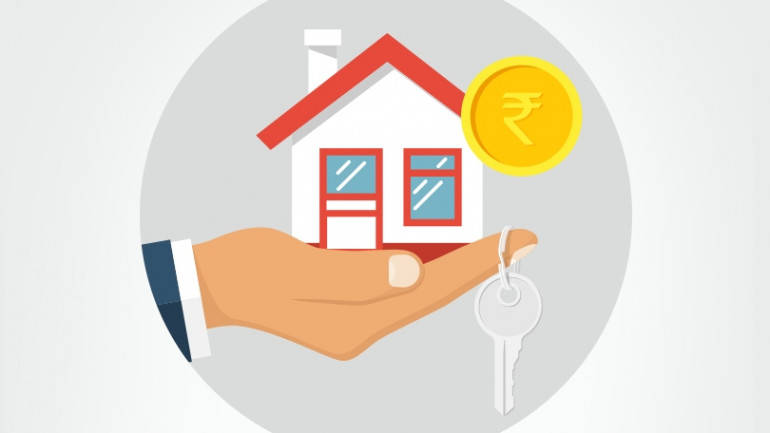If you are in the DACA program, you can also be eligible for a home loan! Typically, DACA borrowers face stipulated financing options because the special status does not make them eligible for non-traditional loans like FHA. As the loan options are limited, there is hardly any talk about it too.
As long as you can prove your lawful residency permit in the U.S., you can apply for the DACA mortgage loans in Houston. However, there are a few things that you should clear up before diving into the loan process. Go through the rest of the article and gain information beforehand.
What are the basic requirements?
The DACA borrowers need to submit the extra paperwork which is not required for the regular home loans. Initially, the buyer must submit evidence of an Employment Authorization Document issued by the USCIS. The proof validates whether you can work in the United States. At the time of applying for the loan, if the card expires in a year and you already have a history of earlier DACA status renewals, the underwriting will continue. Apart from meeting the general terms and conditions applicable to U.S. citizens, you also need to have an unexpired SSN for confirming with the SSA.
How much should I put down?
To unlock the best rates and terms, you should try to put down a minimum 20% of the loan value. When you are in a serious financial crunch, low down payment options are feasible. At present, lenders are ready to offer less than 20% down payment; however, you should prepare for private mortgage insurance. When you are putting down 20% or more, private mortgage insurance is not needed anymore. Admittedly, the down payment affects different variables including loan terms, payments, and interest rates. You should enquire about the lender for more information about the lowest down payment and its impact on the overall DACA mortgage.
What is the difference between ‘pre-approved’ & ‘pre-qualified’?
Before finalizing your option and going too deep in the process, you should understand the basic difference between ‘pre-qualified’ and ‘pre-approved’. When we are talking about pre-qualification, the lender may or may not increase credit scores for estimating which loans you can get. When they are not pulling your credit, they can consider the median credit score as well as the current debt. If they do not pull the score, you should come clean about the monthly installment and pending debt payments. In return, the lender will ask for written or verbal estimates of your income and assets. Only in this way, the lenders get a thorough idea about how much you can afford. On the other hand, the pre-approval refers to lenders pulling your credit. By checking a few documents – from pay stubs to bank statements – the lenders predict how your budget and interest rate would go hand in hand.
When you are ready to buy a house, you should get pre-approved to present your well-qualified profile to the sellers. Meanwhile, you should find a professional lender who has experience of working with DACA borrowers before.
Author Bio: Joan Gallardo, a Senior Loan Officer, with 20+ years of experience, here writes on 2 questions to ask the best mortgage lender in Houston when you are about to choose one of the first time home buyer programs in Houston.
